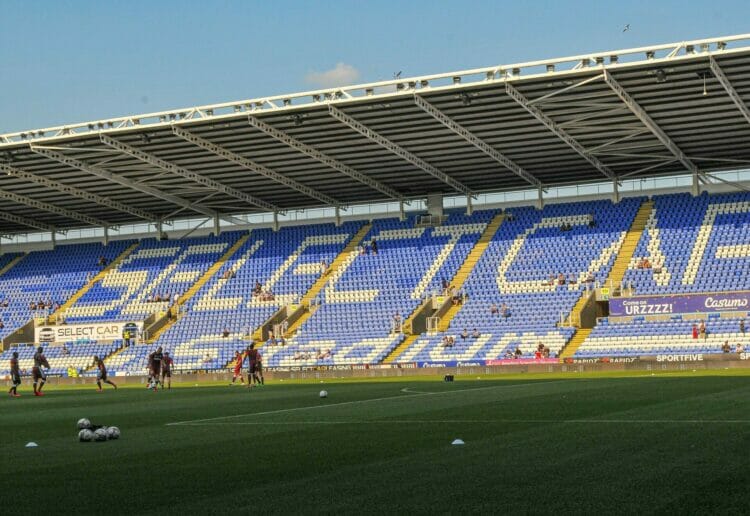By Jason Brock
There’s little doubt that it remains an extremely testing time for fans of our town’s football team. Seeing them sat toward the foot of League One is not what any of us wants to see, (although I know a few sanguine long-time Royals’ supporters who point out the third tier of English football’s pecking order was once its natural habitat).
Similarly, the women’s side – a Super League team just last year – has been downgraded to part-time status after relegation.
The ownership of any football club will invariably have an impact on performances on the pitch. That has certainly been the case for Reading, and it’s sad to see it playing out.
Along with Cllr Ennis – himself a passionate, diehard long-time season-ticket holder – I met in person with representatives of STAR (Supporters’ Trust at Reading) earlier this year and heard their genuine concerns about the direction of the club.
As a local authority, we are limited in what we can do, but I was pleased that we were recently able to approve STAR’s application to make the Select Car Leasing Company Stadium an Asset of Community Value – an application supported by the ‘Sell Before We Dai’ campaign group.
I’ve seen some confusion about what protection an Asset of Community Value offers in practice. Put simply, it means the owners of the asset (in this case, Reading FC’s owner) are unable to dispose of it until a specified timeframe has expired.
The first part of that window is a six-week interim period from the point the owner notifies the local authority of their intention to sell. This allows community interest groups to make a written request to be treated as a potential bidder.
If a community interest group does make a request during the six-week period, then a full six-month moratorium comes into play. During this period the owner may continue to market and negotiate sales but may not exchange contracts (or enter into a binding contract to do so later).
There is one exception: the owner may sell to a community interest group during the moratorium period.
In short, Asset of Community Value status provides a genuine opportunity for fans to organise a bid for the Stadium if the owners attempted to sell, but I appreciate that is still a safeguard with limits.
I also hope that its symbolic power sends a message to the present owners, but the situation only emphasises further the need for reform of football governance nationally (and, ideally, better abilities for councils to act to protect clubs from unscrupulous owners seeking to do things like ‘asset stripping’).
Earlier this year, myself and my colleague Cllr Barnett-Ward wrote to the Secretary of State for Culture, Media and Sport about the need for far better regulation and intervention. While, on paper, our nation’s professional football clubs are almost exclusively privately owned, there is a very real sense in which they belong to their communities.
Generation after generation of Reading residents have supported their club and they rightly fear the loss of that community and proud heritage.
Reading FC is not the first club to have experienced these kinds of profound difficulties, and it is evident that lessons have not been learnt.
And it shouldn’t be OK that local councils, as elected representatives of residents, have such limited powers when a huge part of a town’s life and soul faces a real threat.
Cllr Jason Brock is the leader of Reading Borough Council and ward member for Southcote
























